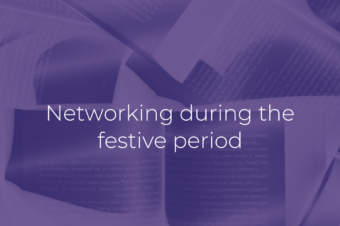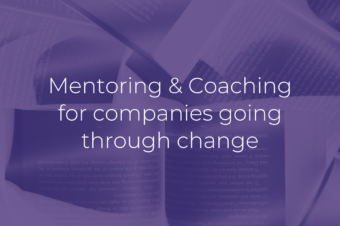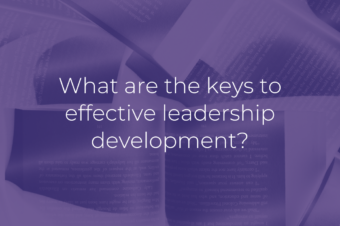
In a short LinkedIn Live interview last year, Sarah Burgess, of 10Eighty, talked about neurodiversity and job seeking with Marc Whitmore, 10Eighty career coach, and Marc Crawley, director of Diversita (an organisation that focuses on advising and empowering experienced neurodivergent technology professionals in seeking the right career opportunities).
This topic is gaining traction and this week we’ve been supporting Neurodiversity Celebration Week, a worldwide initiative that challenges stereotypes and misconceptions about neurological differences. The aim is to transform how neurodivergent individuals are seen and supported by providing the opportunity to recognise the many talents and advantages of being neurodivergent, while creating more inclusive and equitable cultures that celebrate differences and empower the individual.
Neurodiversity is an umbrella term that includes autism, ADHD, dyspraxia, dyscalculia, dyslexia and dysgraphia. It is past time to recognise the strengths and talents that come from thinking and perceiving the world differently.
Improve outcomes
The National Autistic Society estimates at least 1 per cent of people in the UK are autistic and suggests the true figure could be higher as many adults, particularly women, have not been tested. Managers and senior leadership with neurodiverse conditions are just as common as they are in the population.
Many worry that disclosing their diagnosis will damage their career but awareness around the issues is growing and interest in ways to improve outcomes for neurodivergent employees. We can start with eliminating bias when it comes to hiring by, for example, outlining the structure and expectations of interviews.
We can tailor jobs to individuals’ skills and interests, this benefits all employees, so it’s a win-win. Initiate mentoring programmes that encourage different methods of communicating, and employers should make reasonable adjustments to the workplace, like allowing staff to use noise-cancelling headphones and assistive software, where it is available.
Think differently
In 2017 The Harvard Business Review published an article Neurodiversity as a Competitive Advantage declaring that “a growing number of companies, including SAP, Hewlett-Packard Enterprise, and Microsoft, have reformed their HR processes in order to access neurodiverse talent and are seeing productivity gains, quality improvement, boosts in innovative capabilities, and increased employee engagement as a result.”
This means it is not an issue that employers can ignore. There is an obligation not to discriminate and to make reasonable adjustments if a candidate’s neurodiversity would otherwise place them at a disadvantage. Smart employers will respond to the needs of neurodiverse employees, as there is a lot to gain given the high levels of focus or energy, depending on the neurodiversity, such employees can bring.
We need to promulgate the understanding that we are all wired differently and to think around it. Understanding this makes a huge difference to working relationships and the effectiveness of the team. As with many other issues we need to adjust our thinking. Don’t think of neurodiversity in terms of limitation, but in terms of extraordinary and unique talents that can be channelled in incredibly productive ways.
.
Check out our short video interview on Neurodiversity here.








